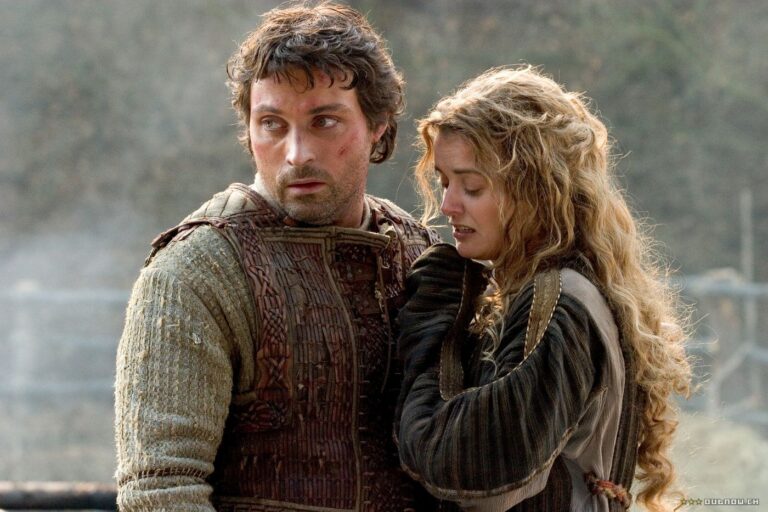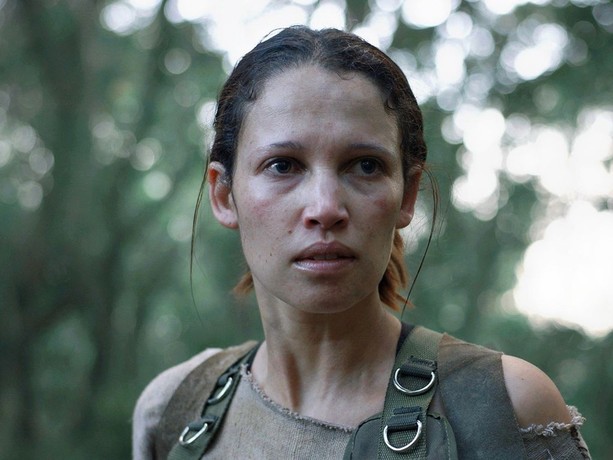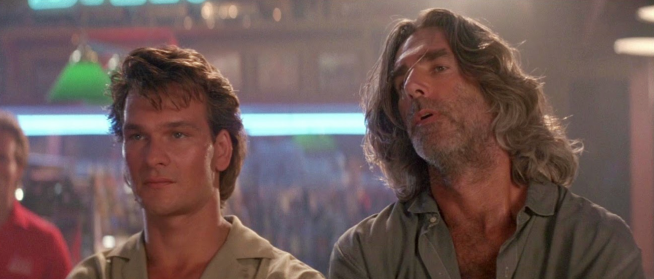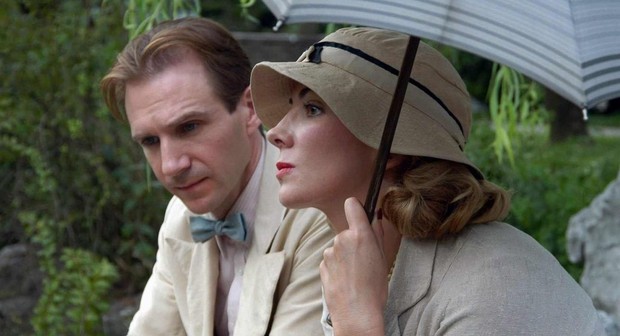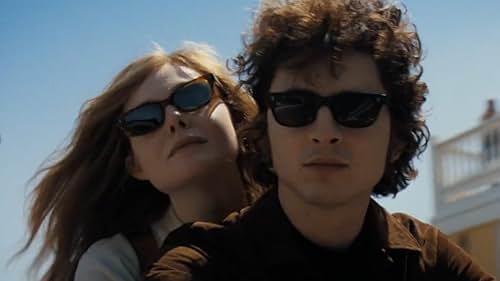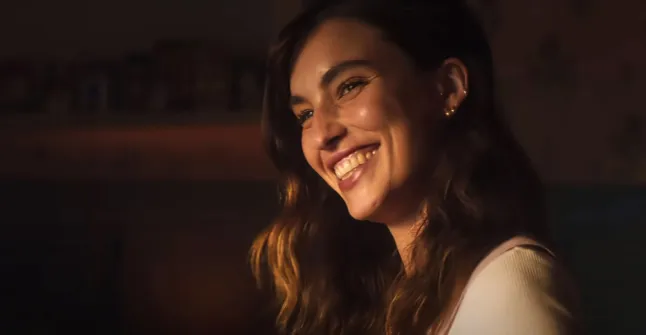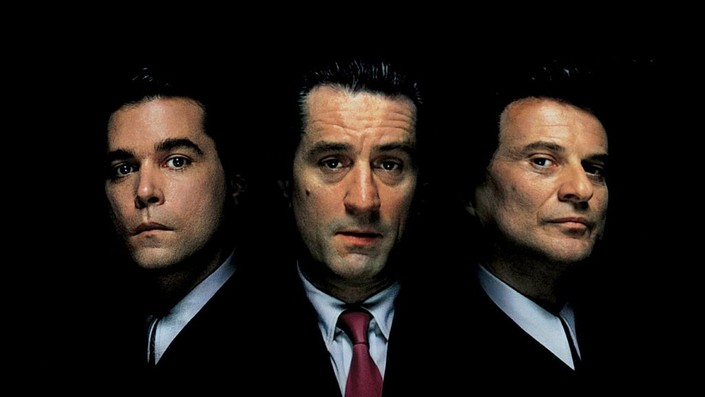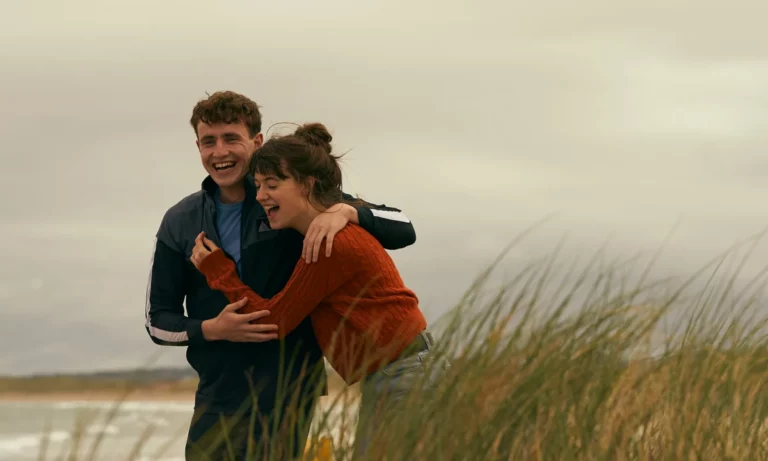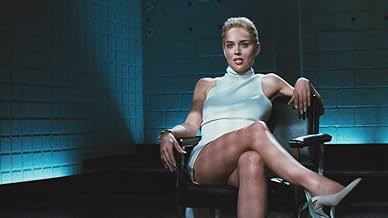Normal People (2020) is a critically acclaimed television series based on the bestselling novel by Sally Rooney. Adapted for television by Rooney herself, alongside directors Lenny Abrahamson and Hettie Macdonald, the series follows the complex and evolving relationship between two Irish teenagers, Connell and Marianne, as they navigate the challenges of love, friendship, and self-discovery over several years.
The story begins in a small town in Ireland, where Connell (played by Paul Mescal) and Marianne (played by
Daisy Edgar-Jones) are in their final year of high school. Connell is well-liked and popular, while Marianne is intelligent but socially isolated and somewhat ostracized by her peers. Despite their differences, they strike up a secret and intense relationship that is defined by both passion and emotional complexity.
As they transition from high school to university in Dublin, their relationship becomes even more complicated. Connell and Marianne remain inextricably linked, yet they struggle to understand each other’s needs and desires, both romantically and personally. Throughout the series, the two characters go through periods of closeness and distance, as they attempt to figure out who they are individually and together.
Connell’s journey is one of personal growth and vulnerability. He grapples with his social standing, his insecurities, and his feelings toward Marianne, often finding himself unsure of how to express or navigate his emotions. Marianne, on the other hand, is dealing with a more painful and complex home life, marked by an emotionally abusive family, and tries to find herself amidst her feelings for Connell and her own inner turmoil.
As the series progresses, the two characters evolve in different ways—facing heartbreak, misunderstandings, and personal growth. Normal People explores how people shape each other’s lives and how love is often complicated, imperfect, and bittersweet.
Love and Intimacy: At the heart of Normal People is a deep exploration of love—its complexities, its challenges, and its capacity to shape individuals. The series portrays love not as a perfect, fairy-tale experience, but as a tangled and sometimes painful journey, with all the messiness that comes with it. Connell and Marianne’s relationship is defined by both passion and emotional conflict, and it shows how people’s feelings for each other can change over time.
Social Class and Identity: A significant theme in the series is how social class influences the characters’ experiences and relationships. Connell, coming from a working-class background, and Marianne, from a more affluent but emotionally distant family, both struggle with their place in society. Connell’s need to fit in with his peers at the beginning of the series contrasts sharply with Marianne’s rejection of social norms and expectations. The exploration of class, identity, and belonging adds emotional depth to their personal journeys.
Mental Health: Normal People delves into the impact of mental health on relationships and individual lives. Connell’s struggles with depression and Marianne’s experiences with self-worth and emotional trauma are portrayed with sensitivity and realism. The series highlights how both characters deal with their inner demons in different ways and how their mental health affects their relationship with one another.
Self-Discovery and Growth: The series takes a long-term view of personal development, with both Connell and Marianne going through significant transformations. As they grow older, they confront their fears, face difficult personal truths, and eventually come to terms with their identities. Normal People showcases the ways in which relationships are part of the journey of self-discovery and how emotional connection plays a role in that process.
Paul Mescal as Connell is a standout, delivering a deeply nuanced and emotionally rich performance. His portrayal of Connell’s vulnerability, awkwardness, and emotional depth earned him widespread praise, and he was nominated for several prestigious awards, including a BAFTA for Best Actor in a Leading Role.
Daisy Edgar-Jones as Marianne brings a layered and captivating portrayal of a character who is smart, independent, but also struggling with deep emotional pain. Her portrayal captures Marianne’s internal conflict and her complicated relationship with Connell, making her an empathetic and relatable character.
The chemistry between Mescal and Edgar-Jones is undeniable, and their performances anchor the emotional heart of the series. The intimacy between them is palpable, with their connection feeling raw, real, and sometimes painful, reflecting the ups and downs of any complex relationship.
The show’s direction by Lenny Abrahamson and Hettie Macdonald is intimate and sensitive, with a focus on the characters’ emotional lives. The cinematography by Suzie Lavelle beautifully captures the Irish landscape and the settings, with many quiet, reflective moments where the characters’ emotions are foregrounded. The series is known for its long takes and minimalistic approach to scenes, allowing the emotions to unfold naturally.
The music of Normal People also plays a significant role in enhancing the emotional atmosphere. With a subtle yet evocative score, it accentuates the emotional intensity of key moments, adding to the series’ overall melancholic and poignant tone.
Normal People received widespread acclaim from critics and audiences alike, lauded for its honest portrayal of relationships and its exploration of complex emotional terrain. The series earned numerous accolades, including several BAFTA nominations, and became a cultural phenomenon, especially among younger audiences who resonated with the characters’ struggles and experiences.
Its success was also reflected in its global popularity on streaming platforms, and it helped establish both Paul Mescal and Daisy Edgar-Jones as breakout stars in the industry. The show’s deep exploration of love, mental health, and self-identity, paired with its outstanding performances, has left a lasting impact and cemented Normal People as one of the standout television series of the 2020s.
Normal People is a compelling, beautifully crafted adaptation of Sally Rooney’s novel, offering an intimate, emotional exploration of love, class, identity, and personal growth. With remarkable performances from Paul Mescal and Daisy Edgar-Jones, the series captures the complexities of relationships and the universal journey of self-discovery. Normal People resonates deeply with viewers, making it an unforgettable experience in modern television.
